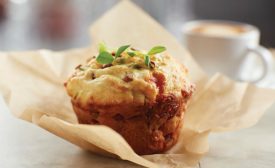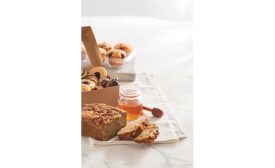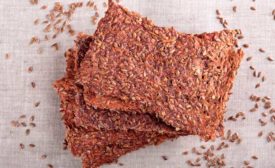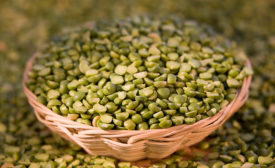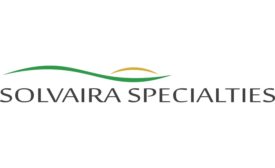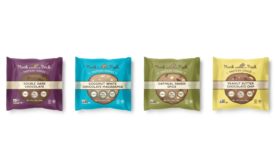Fiber
Consumers search for more protein and fiber in their diets.
Read More
Improving snacks and baked goods with healthy grain ingredients
New grain ingredients deliver flavor, function and nutrition
September 13, 2018
Clean-label snack and bakery products become more prevalent as consumer interest grows
Companies look to make more clean-label products to meet market demands.
March 19, 2018
New solutions for clean label, healthy breads
Solutions for clean label, nutritional enhancements and extended shelf life help meet prevailing demands.
January 11, 2018
Keep the info flowing with our eNewsletters!
Get the latest industry updates tailored your way.
JOIN TODAY!Copyright ©2024. All Rights Reserved BNP Media.
Design, CMS, Hosting & Web Development :: ePublishing

